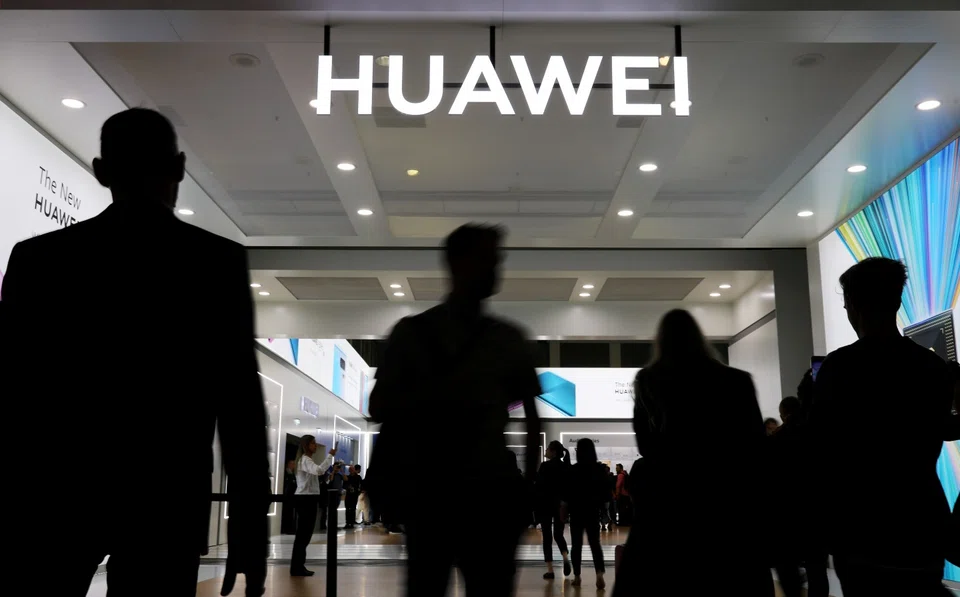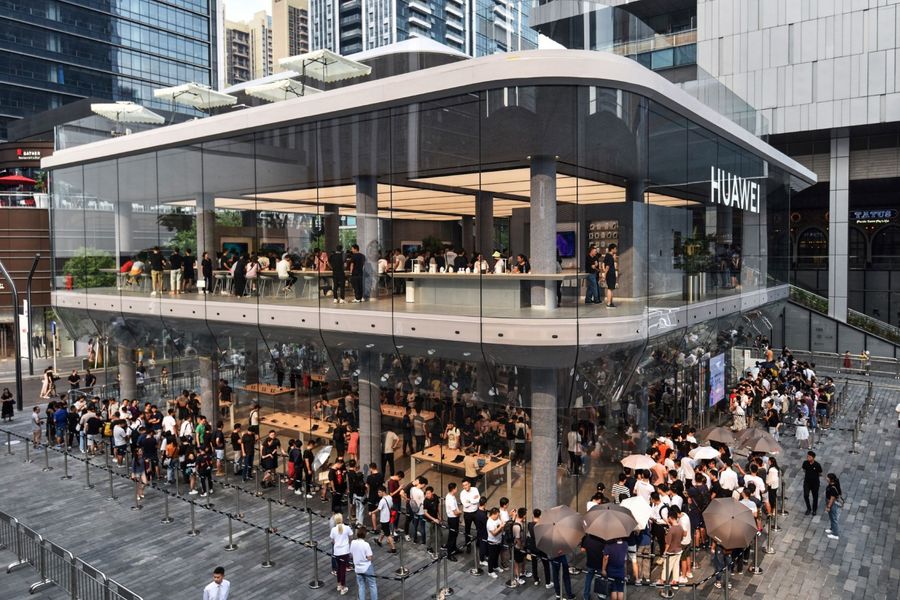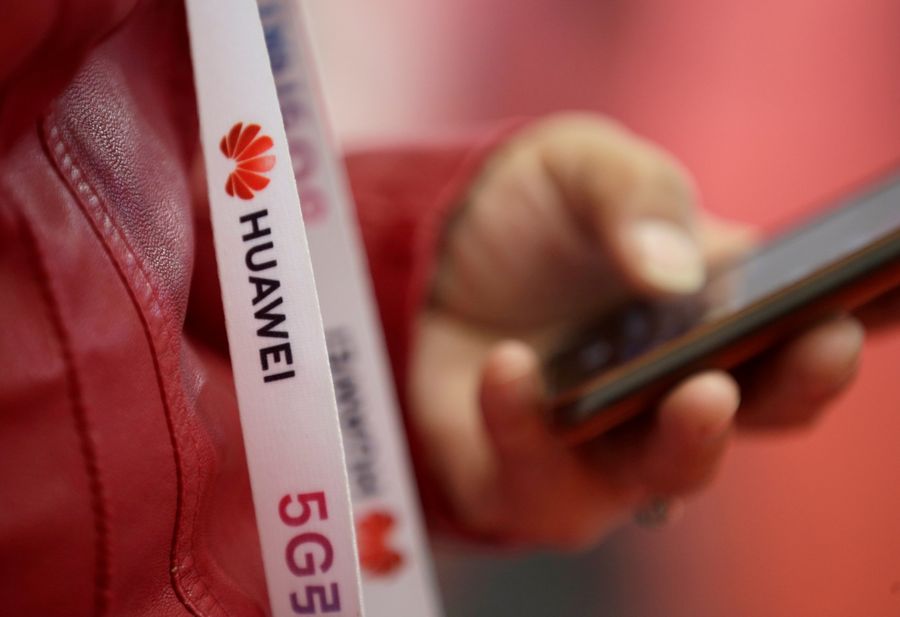Public anger over Huawei subsiding

On 2 December, there was a public uproar after market-oriented media sources like The Beijing News (新京报) and China's The Paper (澎湃新闻) revealed that Li Hongyuan was wrongfully detained by Shenzhen Municipal Public Security Bureau for 251 days, following Huawei's lawsuit against him for alleged extortion over severance pay.
Coincidentally, the news broke on the first anniversary of Huawei deputy chairwoman, Meng Wanzhou's arrest in Vancouver. Meng penned an open letter that day, thanking the community for their support. However, Li's wrongful detention completely wiped out public sympathy towards Meng's case and instead cast doubt on the telecom giant.
Undoubtedly, Huawei is facing a sudden public relations crisis. Before this, although Meng's arrest and the US' strong suppression of Huawei placed Huawei in a difficult situation overseas, Huawei stood on moral high ground in China and was treated as a national hero. With strong backing from the Chinese market, Huawei could still rely on the domestic market for survival and development, even if it was faced with challenges in the overseas market.
However, Li's incident is a heavy blow to the trust and support that Huawei used to enjoy from the Chinese people. During this crucial period, Huawei's response to Li's incident was especially important. Although Huawei was quick to make a statement, it was not the response that the public expected to hear. Huawei's legal team merely emphasised that Li's case was not a labour dispute case and that Huawei had the right and obligation to report suspected violations of law to judicial authorities based on facts. It also welcomed Li to counter-sue Huawei, claiming "equality before the law".

The message behind Huawei's response is clear: it is not responsible for Li's 251-days detention. From a law perspective, this response is not wrong. Although judicial authorities have acquitted Li, it did not charge Huawei for any wrongdoing. Li has also not filed a lawsuit against Huawei for false accusation yet.
...the public does not wish to see a company that they deeply trust and support treat a victim who was wrongly detained in such a cold manner.
To be fair, Huawei is only an enterprise - it is not a judicial institution. It maintains its rights to report anyone to the police, but does not, and should not, have the right to confirm that the reported person is guilty as charged. This is the sole right of the court.
At the same time, however, Huawei is not just any enterprise. Huawei is already closely associated with public authorities, due to its tough fight against external suppression which has amassed great public support. In the eyes of many, Huawei's image even represents the country's image.
Thus, although Huawei is not directly related to Li's 251-day detainment from a legal perspective, Huawei is unable to dissociate itself from Li's case based on reason. This is because the public does not wish to see a company that they deeply trust and support treat a victim who was wrongly detained in such a cold manner.
In the face of harsh accusations and doubt, what's puzzling is Huawei's decision to leave the case in the hands of a distant and cold legal department. Why was it unable to find a better balance between law and compassion? Isn't Huawei known for its strong public relations capabilities?
Someone speculated that Huawei's indifference in the incident, and Li not pressing charges against Huawei, may mean that there could be more than meets the eye, and even a possible plot twist. While this speculation is possible, it is an indisputable fact that Huawei's image is destroyed because of Li's incident, whichever way you look at it. If Huawei had utilised a more sympathetic attitude towards the victim that is closer to the people's sentiments, it may not have had to suffer so badly.
...sympathising with the weak goes against the rule of law, and the powerful also has its legal rights - the weak may not be right but sympathising with the weak wins public opinion brownie points...
Over the past few days, negative comments about Huawei from Chinese netizens have substantially reduced. Some commentators even speculated that forces with ill intent are deliberately blowing Li's incident out of proportion in collaboration with Western countries' suppression of Huawei. The shift in public opinion could be the result of intervention from relevant parties, and could take some pressure off Huawei, but it may not fully lift Huawei out from its current predicament.

Peng Bo, deputy director of the Cyberspace Administration of China, recently made ten observations about Huawei's huge wave of negative public opinion. Some of them include: public opinion can make you a "national hero", but also trample you under its feet - and it is most likely done by the same group of people; sympathising with the weak goes against the rule of law, and the powerful also has its legal rights - the weak may not be right but sympathising with the weak wins public opinion brownie points; the most terrifying scenario on the Internet is not harsh criticism from the public, but deafening silence where no one says a single word; regardless of who you are, you must always respect the Internet, netizens, and public opinion; and no matter how big of an enterprise you are, never be arrogant, and never be wilful.
These revelations are insightful, and offers an accurate depiction of Huawei's situation. Huawei's ability to recover its image depends largely on its ability to accept constructive criticism, learn its lessons from Li's incident, and truly make improvements.
Lim Zhan Ting on Huawei ex-employee Li Hongyuan
Meng Wanzhou's anniversary letter
